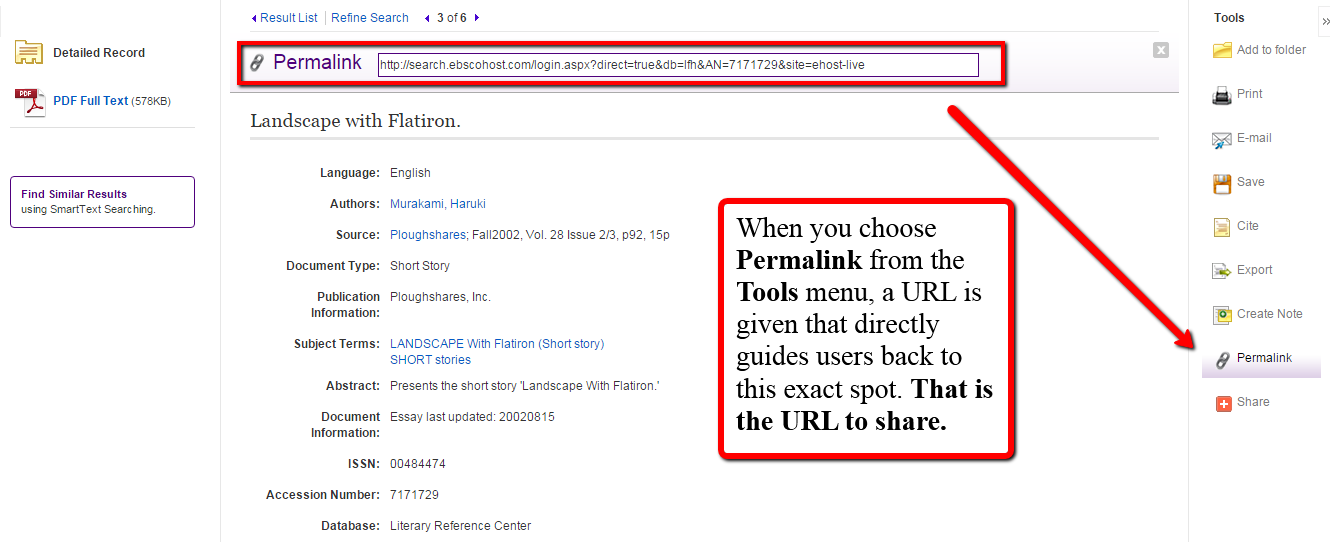What is Fair Use?
“Fair use is any copying of copyrighted material done for a limited and “transformative” purpose, such as to comment upon, criticize, or parody a copyrighted work.
“Such uses can be done without permission from the copyright owner.”
(Copyright and Fair Use, Stanford University Libraries)
4 Factors to determine Fair Use: Purpose • Nature • Amount • Effect
Determining "Fair Use" isn't always simple or easy and All FOUR FACTORS need to be considered.
This Online Fair Use Evaluation tool, from the American Library Association provides step by step tools to help.
Frequently Asked Questions
A: Copyright is a form of limited-time protection for creators (writers, photographers, artists, film producers, composers, programmers, etc.) to have exclusive rights over who can reproduce, prepare derivative works, distribute copies, and publicly perform and display their published and/or unpublished works. The U.S. Copyright Act gets its authority from Article 1, Section 8, cl. 8 of the U.S. Constitution.
Copyright is intended to help foster creativity as the US Constitution says it is intended
"To promote the Progress of Science and useful Arts, by securing for limited Times to Authors and Inventors the exclusive Right to their respective Writings and Discoveries."
Some things are not protected by copyright (ideas, logos, facts, works in the public domain or published by the government, for example). And portions copyrighted items can be used for commentary and criticism under the "Fair Use Rule."
A: Posting copyrighted materials online, without getting proper permissions, may violate the rights of the copyright owner(s), even when used for educational reasons.
Unfortunately, copyright has a lot of grey areas. But if you are digitizing content, you are transforming the work, AND if your purpose is, in part, to save your students money, that does have an effect on the market. This may not be fair use.
Linking directly to a legal online version of the article in question is more likely to be acceptable. Since the library already has license agreements with database vendors, sending students links to those resources, usually falls within copyright law. Subscription databases often offer persistent URLs (or Permalinks) to help users return to important finds.
 .
.
A: Any material created, whether it has a copyright symbol or not, is property of the originator. It may be tempting to think that if you found it easily on the internet, it is freely available to use. But, web resources have the same copyright protections as physical creations, so it is important to weigh factors of fair use before simply reusing online content.
Digital copies often include copyright statements like the following: "Copyright of this work is the property of American Poetry Review and its content may not be copied without the copyright holder's express written permission except for the print or download capabilities of the retrieval software used for access.
"This content is intended solely for the use of the individual user."
If such a statement is included with your document, it's better to link to the item as each student would constitute individual use.
There are two options that can help with this:
A: Permissions, whether print or digital can be obtained from the owner of the copyright. This guide from IU, Bloomington gives great advice on this.
The Copyright Clearance Center oversees many publishing houses and offers an Annual Copyright License as well as Pay-Per-Use Services.
A: According to their website:
"Creative Commons is a nonprofit organization that enables the sharing and use of creativity and knowledge through free legal tools.
"[The] free, easy-to-use copyright licenses provide a simple, standardized way to give the public permission to share and use your creative work — on conditions of your choice. CC licenses let you easily change your copyright terms from the default of 'all rights reserved' to 'some rights reserved.'
"Creative Commons licenses are not an alternative to copyright. They work alongside copyright and enable you to modify your copyright terms to best suit your needs."